HONDURAS: El co autor del asesinato de Berta Cáceres- Roberto David Castillo
Roberto David Castillo, former Honduran army intelligence officer, found to be co-collaborator in ordering murder
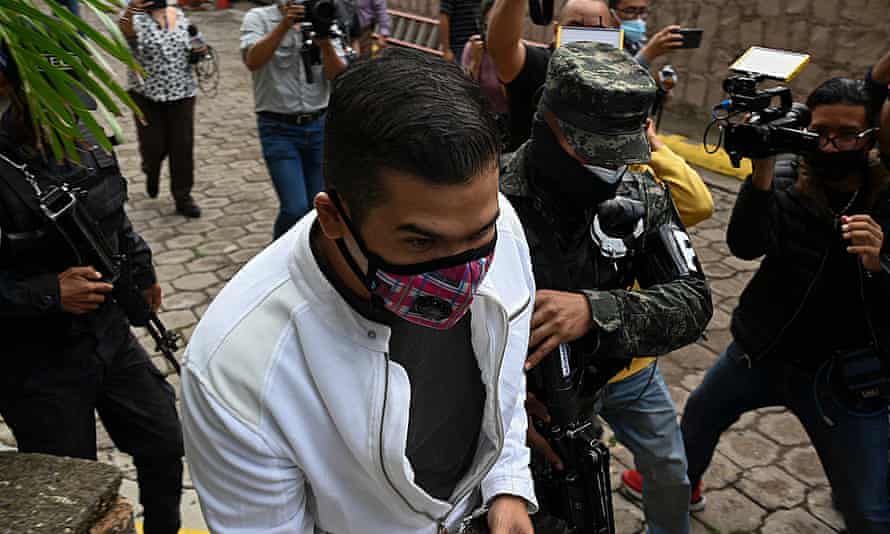
A US-trained former Honduran army intelligence officer who was the president of an internationally financed hydroelectric company has been found guilty over the assassination of the indigenous environmentalist Berta Cáceres.
Cáceres, winner of the Goldman prize for environmental defenders, was shot dead two days before her 45th birthday by hired hitmen on 2 March 2016 after years of threats linked to her opposition of the 22-megawatt Agua Zarca dam.
On Monday, Roberto David Castillo – the former head of the dam company Desarrollos Energéticos, or Desa – was found guilty of being co-collaborator in ordering the murder.
The high court in Tegucigalpa ruled that Cáceres was murdered for leading the campaign to stop construction of the dam, which led to delays and financial losses for the dam company.
The environmentally destructive energy project on the Gualcarque river, considered sacred by the Lenca people, was sanctioned even though it had not complied with national and international environmental and community requirements.
After a trial that lasted 49 days, the high court in Tegucigalpa ruled that Castillo used paid informants as well as his military contacts and skills to monitor Cáceres over years, information which was fed back to the company executives. He coordinated, planned and obtained the money to pay for the assassination of the internationally acclaimed leader, which was carried out by seven men convicted in December 2018.
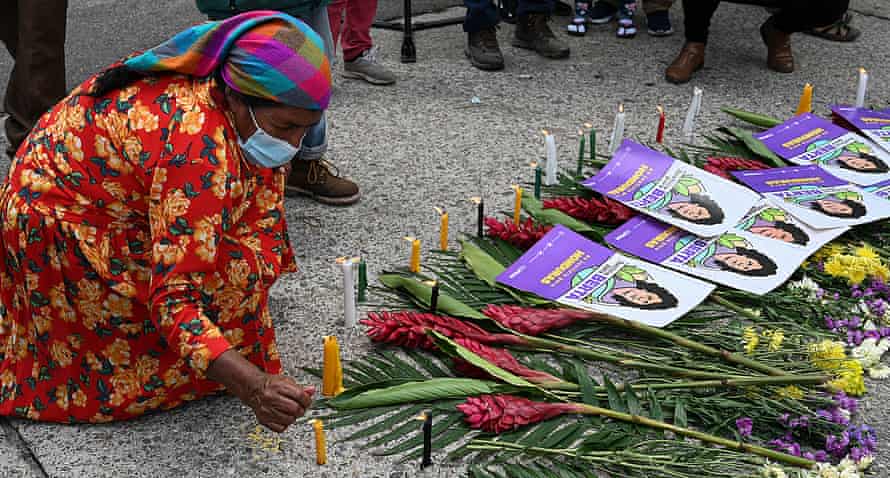
In the verdict, the court highlighted the communication between Castillo and Douglas Bustillo, Desa’s former security chief and fellow ex-army officer, before and after the murder, as well as before and after a failed assassination attempt the previous month.
Castillo’sdefence had claimed that he was friends with Cáceres. But the court rejected this claim, ruling that phone data proved Castillo maintained contact with Cáceres only to obtain information about her whereabouts and intentions.
The verdict was welcomed by Cáceres’s family, friends and colleagues as an important step in their struggle to hold to account all those who had a role in ordering, financing and enabling the murder – as well as in the attempted cover-up that followed.
Outside court, Laura Zúñiga Cáceres, Berta’s youngest daughter and the only family member allowed to attend the trial, said: “Today is a day of victory in a long process. This is one more step on that long path to justice. We will keep contributing to this process so that [such crimes] are not repeated, but also so that the judicial process can lead to healing.
“This is a collective victory, and my message to other communities in similar situations is this: the fight is hard, but in the end, as my mom said, that we are going to triumph and we are going to dismantle the violence against our people.”
Cáceres’s eldest daughter welcomed the verdict on social media.
Cáceres was best known for her leadership in the Agua Zarca struggle, but she was also a sharp political analyst, LGBTQ+ rights campaigner and human rights defender who had long frustrated the country’s economic and political elites with her ability to unite disparate sectors against the corrupt status quo.
After the 2009 coup, which established a new level of institutionalised corruption, Cáceres repeatedly denounced the killing and criminalisation of community leaders, which she said amounted to a policy of social cleansing.
Lawyers representing Cáceres’s four children and mother, who prosecuted the case alongside the state, argued that the murder was the grand finale in a campaign of terror carried out by a wider criminal structure including company executives and state officials against Cáceres and her grassroots organisation Copinh (the Council of Popular and Indigenous Organisations of Honduras).
Daniel Atala Midence, Desa’s financial manager, was summoned to give evidence due to his role in running operations with Castillo – which included authorising payments to informants used to monitor Cáceres.
In one of the most dramatic moments of the trial, Atala Midence was excused at the last minute after state prosecutors confirmed that he remained under investigation for the murder, despite never having been interviewed or detained.
Atala Midence’s father and two uncles, the Atala Zablah brothers, who are part of one of the country’s most powerful economic and political clans, are the majority shareholders in the dam company. There is no suggestion they were involved in criminal activity.
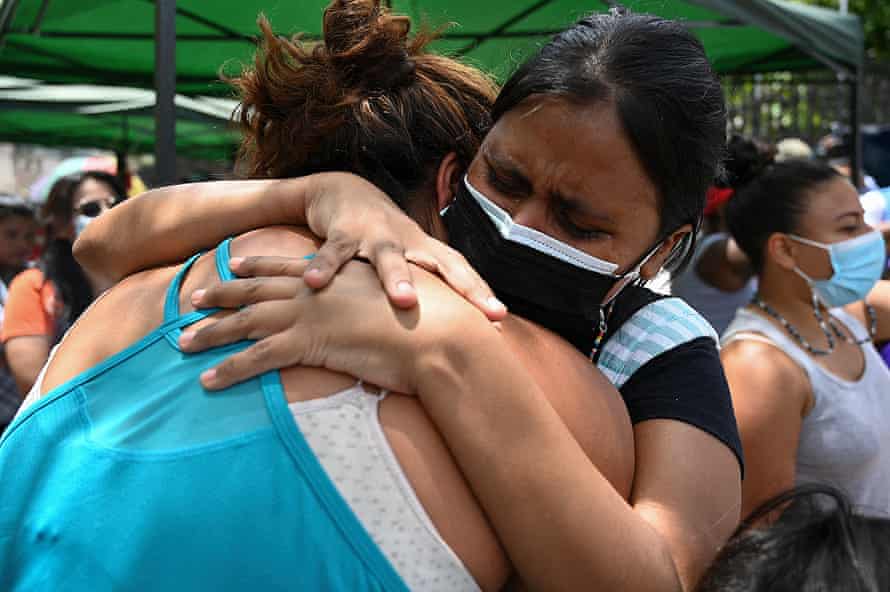
Victor Fernández, one of the Cáceres family’s lawyers, said the verdict demonstrated the magnitude of the struggle by Cáceres and the Lenca community in the face of a corrupt state which sold off their territory without consent. “Their audacity, determination and dignity to resist, defend and triumph over this corrupt system sets a precedent. We have nothing to thank the justice system for. It was they who persecuted Berta; they criminalised her and displaced her. This victory is a result of our militancy.”
Jose Felipe Gámez, a Copinh leader, said: “This is a very important guilty verdict for us as it contributes to our search for justice against the intellectual authors of the crime. It underlines the struggle we Indigenous communities face in Honduras where the government continues to authorise concessions for megaprojects in our territories.”
Castillo’s defence mostly focused on arguing that evidence had been manipulated by expert witnesses, and that alternative leads related to other threats Cáceres had suffered were ignored by prosecutors. The judges ruled that the defence had failed to substantiate these arguments.
Desa has been contacted for comment.
Castillo will be sentenced on 4 August.
Nina Lakhani is author of Who Killed Berta Cáceres? Dams, Death Squads, and an Indigenous Defender’s Battle for the Planet
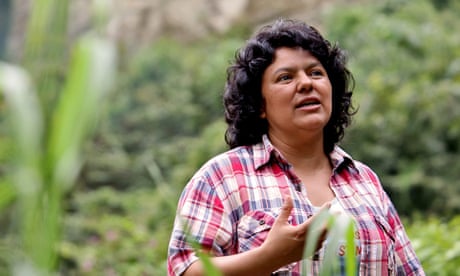
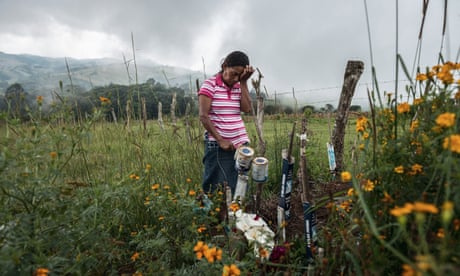

Comentarios
Publicar un comentario